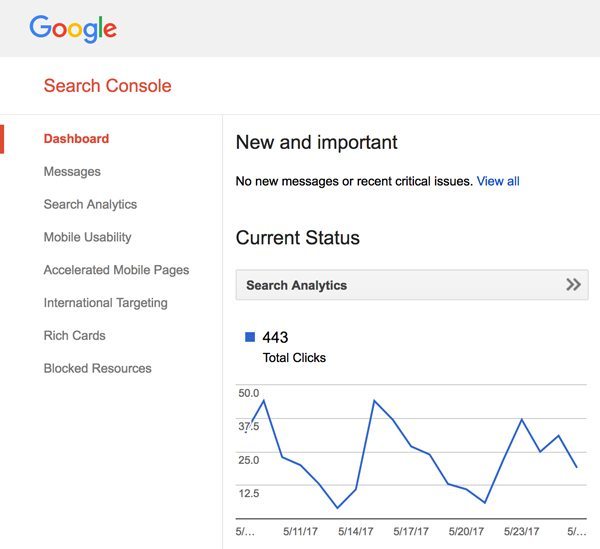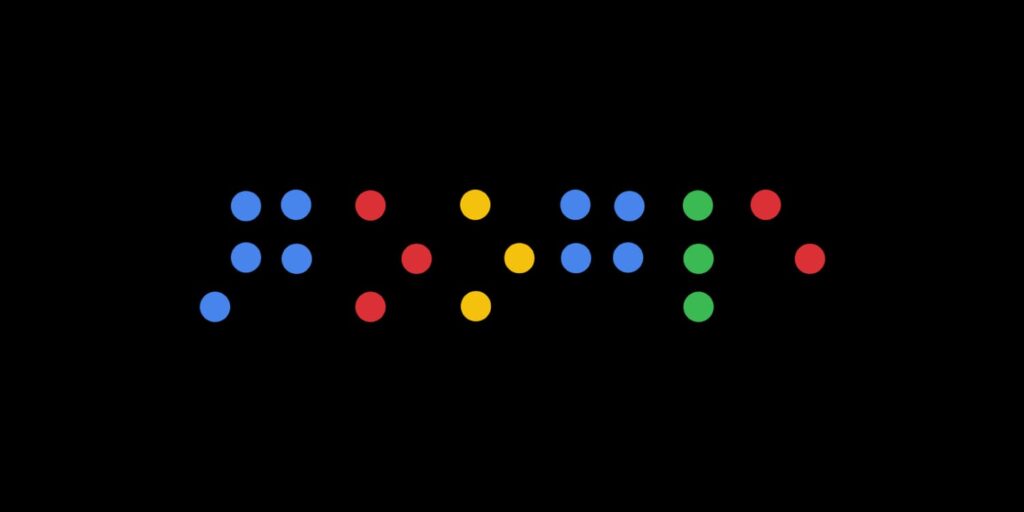As the dominate search engine (>60%) and browser vendor (Chrome commands >50%), Google has immense power to influence website owner, user, and consumer behaviors. While they have been criticized for how they have used this power (mostly related to user-data privacy) they have also made significant improvements and contributions to the internet community.
I previously wrote about how Google has been pushing website owners to transition their sites to HTTPS which helps ensure a secure connection between the user and the website. The effect of their (and many others) efforts have been that now more than half of websites use HTTPS.
I think Google should now turn it’s attention to doing the same for accessibility.
What is website accessibility?
You can read more about website accessibility in another post I wrote, but the gist of it is that an accessible website is one that can be accessed and used regardless of disability. This means that a visually-impaired, older, or even a color-blind user can access the information and services provided by the website.
How can Google encourage website accessibility?
I think there are a number of ways across their product ecosystem:
Google Search Console

Many website owners rely on the data provided by Google Search Console to improve the usability, search engine optimization, security, and performance of their website. Setting it up is one of the first steps we take when launching a new site. Google will often send out helpful emails to website owners about security issues on their sites, errors encountered, or site performance. In addition there are a number of tools built in to Search Console already. Adding in an “Accessibility” section to Search Console would give website owners a valuable resource.
Make accessibility a positive ranking signal in Google search
Google should make website accessibility a positive ranking factor, similar to HTTPS implementation. This alone would light a fire under the search engine optimization industry, which hangs on every sneeze that Google employees make that might affect their search algorithm.
Google Tools
Google already offers a number of tools to check your website. For example, you can check the performance and mobile friendliness of your site, or how your site Structured Data (I’ll write another post about this soon) is marked up. Creating a web accessibility checker that is user-friendly and well documented would be a great resource.
Classes and other Resources
Wait, they already offer these! I should give Google a lot of credit, they already do have great online resources about accessibility for developers and businesses. For example, if you’re a developer you can take their “Introduction to Web Accessibility” course online. However, it does not offer any type of certification or accreditation if you complete it, which leads to my next suggestion:
Create a Google Certification for Website Accessibility
The Google Partner Program allows agencies to become certified in Google products such as Adwords and Google Analytics. In addition Google offers other certifications for their Google For Education Tools. For example, Workhorse Marketing is has a number of Google certifications through their partner program.
Most of these certifications are for Google products. However, there is no reason they could expand their certification programs to include proficiency in other areas.
Downsides
Making a website accessible can potentially be expensive, especially if there are severe structural issues with a site or the site is very large. Google may come under fire for putting small-business owners, non profits, or other organizations with limited budgets in a position where they feel pressure to allocate limited funds to website accessibility. I know I’ve read plenty of grumbling on forums and blog comment sections about their HTTPS strategy, for example.
That said, there are a number of quick wins that can often be implemented to improve accessibility, and in many cases they can be made without hiring a developer to do so. Even if a small business owner can’t afford to implement every accessibility recommendation immediately, targeting low-handing fruit and even just being aware of the issue will improve accessibility dramatically. By employing a (mostly) carrot and stick approach, Google has the power to improve the experience of the web for all users.

